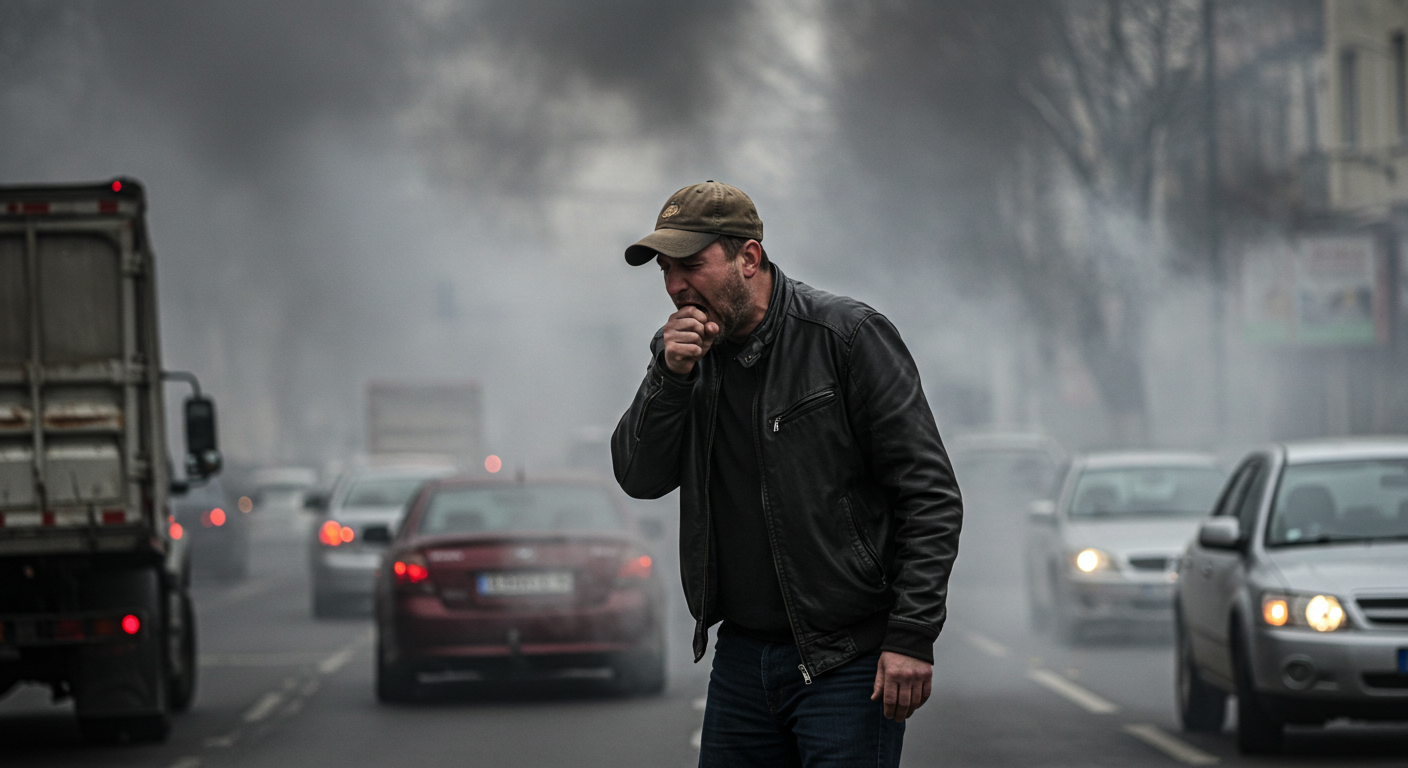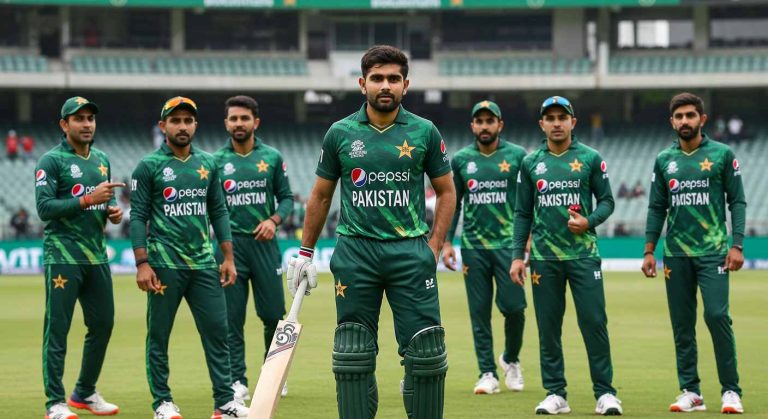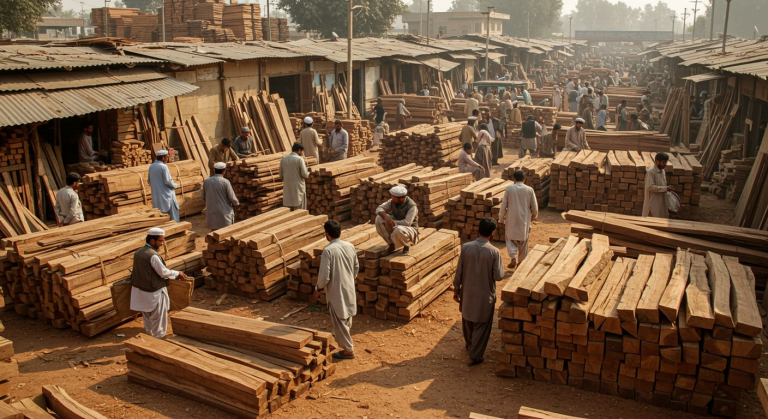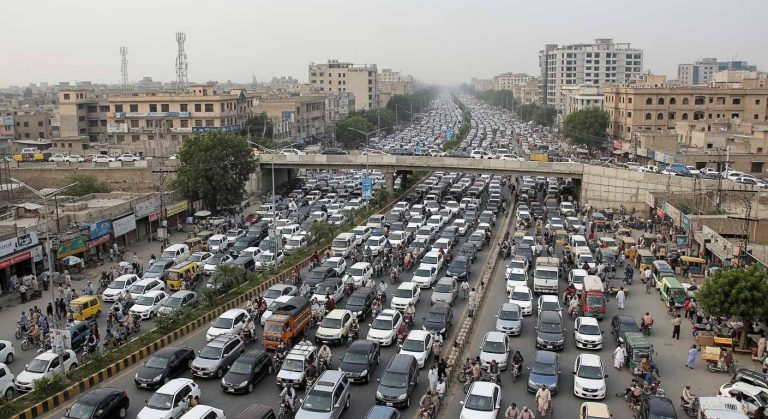Rising Number of Vehicles in Pakistan Worsens Pollution and Affects Public Health

Islamabad – June 2025:
The growing number of vehicles on roads across Pakistan is becoming a major reason for rising pollution levels. This increasing air pollution is now posing serious health risks to the public, especially in big cities like Karachi, Lahore, and Islamabad.
Experts and environmental activists are warning that if proper action is not taken soon, the country may face even more dangerous air quality levels in the future, leading to long-term health issues for millions of citizens.
Vehicle Growth Causing Environmental Damage
Over the last ten years, Pakistan has seen a sharp rise in the number of vehicles on its roads. This contain cars, motorcycles, buses, trucks, & rickshaws. While this growth shows economic development and rising incomes, it also brings a serious problem: pollution.
According to a report by the Environmental Protection Agency (EPA), vehicle emissions are the main source of air pollution in many urban areas. The exhaust gases from vehicles contain harmful chemicals like carbon monoxide, nitrogen dioxide, and fine particles (PM2.5) that pollute the air and reduce its quality.
Major Cities Facing Alarming Pollution Levels
Pakitani Cities like Lahore, Karachi, Faisalabad, Islamabad and others are facing the worst pollution. Lahore, in particular, has repeatedly ranked among the most polluted cities in the world during the winter season, mainly due to vehicle smoke and industrial emissions.
In these cities, heavy traffic and poor road conditions make the situation worse. Many vehicles are outdated, poorly maintained, and lack proper emission control systems, which leads to more harmful smoke being released into the air.
Health Impact of Pollution
The rise in pollution caused by vehicles is not just an environmental issue — it’s a public health emergency. Doctors and health experts have reported an increase in cases of asthma, lung infections, allergies, heart diseases, and eye problems in urban populations.
Dr. Nida Kha: A general physician in Islamabad, said,
“We are seeing more patients, even young people, suffering from respiratory problems. Pollution is silently damaging the health of our people.”
Young children, senior citizens, and those with low immunity face the highest risk. Breathing polluted air for long periods can cause serious illnesses and shorten life span.
Main Reasons Behind the Problem
Several key factors are contributing to the pollution caused by vehicles in Pakistan:
- Rapid Increase in Vehicles:
More people are buying cars and bikes every year due to easy installment plans and lack of public transport. - Old and Poorly Maintained Vehicles:
Many vehicles in use are decades old and produce more smoke than modern, fuel-efficient vehicles. - Lack of Public Transport:
With no proper bus or metro systems in most cities, people have no choice but to rely on personal vehicles. - Fuel Quality:
The quality of fuel available in Pakistan is often below international standards, producing more emissions. - Weak Enforcement of Laws:
Environmental laws and vehicle emission rules are not strictly enforced, allowing pollution to grow unchecked.
What Can Be Done – Possible Solutions
Environmental experts and urban planners suggest several steps that can help reduce vehicle-related pollution:
- Improve Public Transport:
More investment is needed in clean and affordable public transport like buses and metro trains to reduce the use of private vehicles. - Introduce Emission Testing:
Vehicles should go through regular emissions tests to ensure they are not polluting the air. - Encourage Electric Vehicles (EVs):
The government should promote the use of electric vehicles by giving tax benefits and building charging stations. - Phase Out Old Vehicles:
A clear policy is needed to remove outdated and high-emission vehicles from the roads. - Raise Public Awareness:
People need to be informed about the dangers of pollution and the importance of using eco-friendly transport options.
Government’s Role and Responsibility
The government has introduced some policies, like the Electric Vehicle Policy, but progress has been slow. Many experts believe that stronger action is needed to tackle this crisis.
Environmental activist Sana Farooq said:
“We need a national plan to fight vehicle pollution. This should include better traffic planning, fuel quality control, and green transportation.”
If the government acts now, Pakistan can reduce pollution, improve public health, and create a cleaner environment for future generations.
Conclusion
While transport growth is a sign of progress, it must be balanced with care for the environment and public health. With proper planning, policies, and awareness, the country can control pollution and move towards a healthier and greener future.





